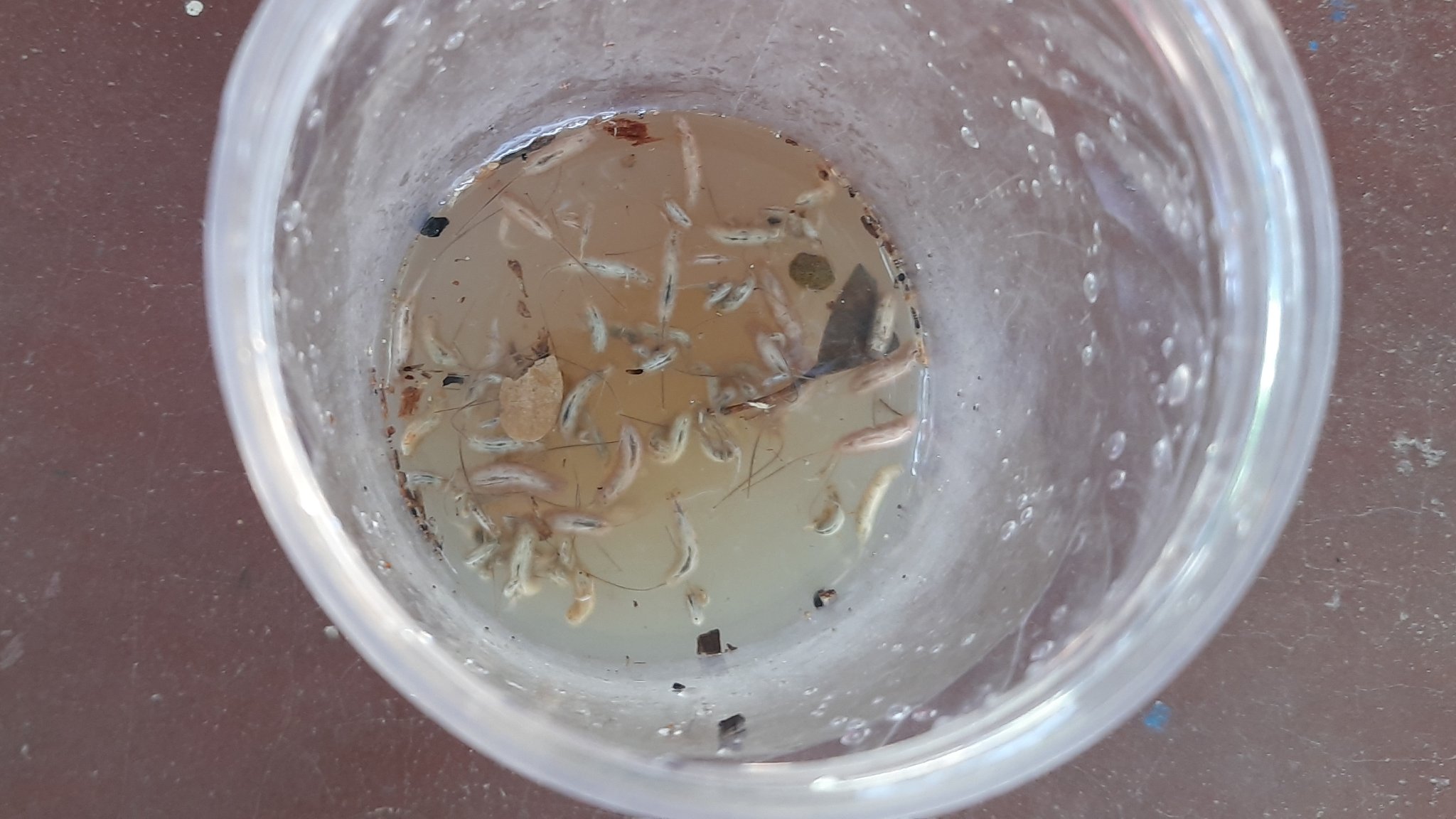As many as 50 people developed a fever in the village in the last two weeks, of whom 15 tested positive for dengue.

Worms inside the drinking water of the Kasinathapuram villagers. (Supplied)
The health department has opened fever clinics to tackle the rising dengue cases in and around the Kasinathapuram village near Tenkasi town of Tamil Nadu .
It has been reported that 50 villagers have suffered from fever only in the last two weeks, and 15 of them have tested positive for dengue.
It is known that about 13 people from the village received treatment for dengue at the Government District Headquarters Hospital in Tenkasi on Thursday 19 June.
Earlier, the villagers have blamed the officials for not taking any steps to control the spread of the dengue virus.
They have expressed their discontent when Deputy Director of Health Services of Tenkasi and Palani, Anita, along with the team of doctors and the director of public health, visited the village on Thursday.
Anita, speaking to South First, said that authorities, in response, started fever clinics across the village and initiated doorstep checks to trace persons with dengue symptoms, said Anita.
Even though the initial plan was to start fever clinics in the village, the authorities, as a precautionary step, started admitting anyone suffering with fever for more than one day, the officials said.
Senior citizens and the vulnerable people are being tested by the officials in as part of door-to-door surveillance.
A team of three entomologists — an Additional Director (Malaria), an Additional Director of Public Health, and a Joint Director of Public Health — and doctors visited the village and monitored the camp activities.
Anita told South First that many are undergoing treatments at the camp, and there have been no new cases since Thursday.
Panchayat-level leaders have also been roped in to help the health department conduct fever clinics.
The health services official added that the department had ramped up the spraying larvicides and the cleaning of water containers to prevent mosquito-breeding.
In door-to-door surveillance, the department checks water containers and cleans them to avoid the breeding of mosquito larvae.
Villagers have been asked not to store water in open containers.
Asked about the requests made by the villagers to prevent dengue, Anita said they wanted the testing of water and cleaning of the open containers.
Upon inspecting the village and spots, she concluded that there was no high risk to public health, and noted that the fever clinics have been set up as a prudent step.
Anita also refuted the villagers’ claim that the death of the two children — eight-year-old Supriya and six-year-old Bhoomika — was due to dengue.
Medical reports of the deceased say they succumbed to fever with thrombocytopenia: a clinical condition commonly caused by dengue and malaria.
The two children died at the Tirunelveli Medical College Hospital after failing to respond to treatment.
Meanwhile, the local members of the Communist Party of India (Marxist) have alleged that the drinking water tank in the village has not been cleaned in the last six months.
Officials refused to reply to the question about the presence of worms in the drinking water.

May 15, 2024

May 15, 2024

May 15, 2024

May 15, 2024

May 15, 2024

May 15, 2024